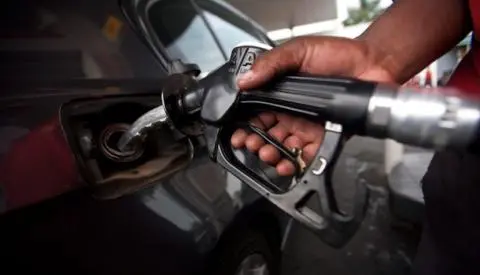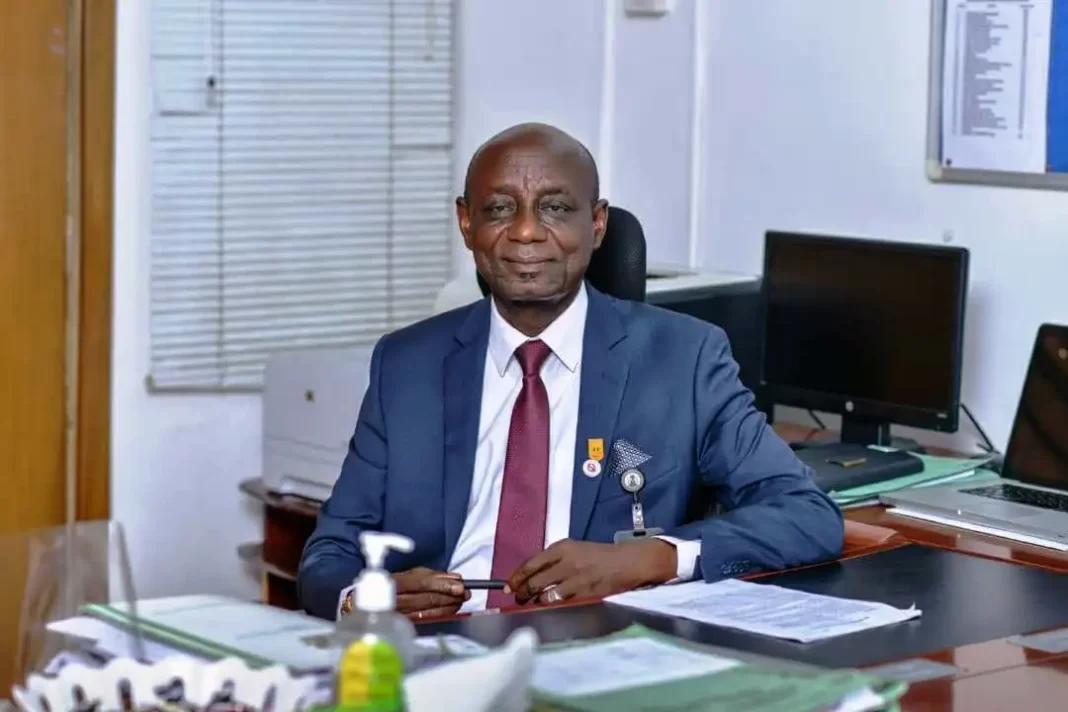Setbacks in Fuel Importation Persist Following Deregulation in Nigeria
Merely a month after the deregulation of the downstream sector, operators are encountering significant obstacles in their efforts to import petrol into Nigeria. These challenges primarily stem from a scarcity of licenses and foreign exchange.
According to recent investigations by Vanguard over the weekend, numerous oil marketers who have applied for licenses are still awaiting approval from the Nigerian Midstream and Downstream Petroleum Regulatory Authority (NMDPRA). Additionally, among the six companies that have managed to obtain licenses, including Eterna, none have commenced importing petroleum products into the country.
Further examinations have revealed that despite the Central Bank of Nigeria’s decision to float foreign exchange rates, many oil companies continue to face difficulties in conducting business operations. Visits to various private depots in Apapa, Lagos, have shown that oil marketers are hesitant to engage in importation in the upcoming weeks due to prevailing uncertainties.
Consequently, the Nigerian National Petroleum Company Limited remains the sole entity involved in fuel importation within the country.Yesterday, attempts to contact Elder Chinedu Okoronkwo, the national president of the Independent Petroleum Marketers Association of Nigeria (IPMAN), for comments were unsuccessful.In an interview with Vanguard yesterday, Mike Osatuyi, the national operations controller of IPMAN, highlighted that the oil marketers have yet to commence importation and explained the reasons behind the delay. He mentioned, “The cost of importing petrol has tripled due to subsidy withdrawal. We now require more funds to invest in the business than before. Additionally, the exchange rate of the naira has risen from over N400 to over N700 per dollar.”
Osatuyi further elaborated, stating, “This means that a significant amount of capital is needed, which is challenging for a single company to procure. Therefore, we are currently in discussions with banks to secure the necessary funds for importation. While the initial period may see higher petrol prices, they are expected to decrease as more oil marketers begin to import the product.”The ex-depot price of petrol has surged to N505 per litre, according to the national operations controller of IPMAN, Mike Osatuyi. This increase from the previous rate of over N400 per litre has prompted independent marketers, who obtain the product from private depots, to sell at varying prices, ranging from N510 to N530 per litre, depending on the location, in order to recoup their costs.
Obtaining a license for importation takes time, as stated by an anonymous CEO. They expressed the need for a substantial amount of foreign exchange at a competitive rate, as bringing a mother vessel into the country requires billions of naira. Such a venture requires a stable and certain environment.
Under these circumstances, engaging in fuel importation is deemed precarious. It calls for cautiousness from all parties involved, including banks that would provide the necessary funds, to ensure that the investment can be recovered with at least a minimal profit.Acknowledging the potential risks involved in the fuel importation business, the anonymous CEO emphasized the importance of carefully observing the investment landscape before making any moves. They stated, “It is a business that one can easily get his or her fingers burnt. We are currently watching the investment landscape and will import at the right time.”
The Chief Executive of the Nigerian Midstream and Downstream Petroleum Regulatory Authority (NMDPRA), Farouk Ahmed, did not provide a response when Vanguard attempted to contact him regarding the matter.
In the meantime, transporters, including ride-hailing service Uber, have significantly increased their fares by more than 100% on all routes. For example, the cost of commuting from Ikorodu to Mile 2 in Lagos has risen to over N2,000, whereas it used to be below N1,000.





